What is Trademark Infringement and its remedies?
Today’s consumers focus on brands and therefore, using deceptive names can affect the market for original brands hugely. When someone uses a brand value without prior approval, the owner looks for the legal remedies to protect its brand value. That’s when trademark registration proves to be a helpful tool. Once you have the ownership rights over your mark, it becomes easy to prevent unauthorized use. In this blog, we talk about what is trademark infringement and discuss the various remedies for infringement of trademark. The concept of infringement of trademarks and remedies help in fostering a secure environment for your brand. Hence, in this competitive age, we’re here to help you business owners understand all about the infringement of trademark in India.
What is a Trademark?
A trademark is a word, phrase or a unique symbol, which is used by an individual, business organization or other legal entity to distinctively identify the source of their products or services to customers. The main purpose of a trademark is to differentiate their products or services from other entities. A registered trademark has the R symbol (®). Also check out how to register a trademark in India.
What is trademark Infringement?
Section 29 of the Trade Marks Act defines what is trademark infringement. Simply put, any violation of the trademark rights available to the owner of a brand is the infringement of trademarks. The certificate of trademark registration provides exclusive rights to the proprietor to use the brand name for their business activity. In case, a third party uses the brand name in the course of trade without permission of the owner, it is a violation of the owner’s right. Hence, amounting to the infringement of Trademark in India.
Also Read: Documents required for trademark registration
Most common cases of trademark infringement include using closely or deceptively similar brand names or logos for associated goods and services. Moreover, using a mark that creates a false impression or confusion with the registered trademark. For proving trademark infringement, the intention of creating confusion or commercial use is necessary.
Key elements to constitute infringement of trademark in India
Infringement of trademark in India happens when an unauthorized party uses a mark similar or deceptively similar to an existing trademark in the same class of goods and services. To avail the remedies for infringement of trademark, the owner needs to prove that an infringement took place. Hence, as a trademark owner, you’ll need to prove the following elements to constitute trademark infringement.
Identical or deceptively similar mark
The first and foremost requirement to constitute an infringement of a trademark is to prove that the mark by the third party is identical to, or deceptively similar to the registered trademark. For example, Adidas is an original trademark. However, brands like ABIDAS sold on the streets, being eerily similar to the original mark constitutes infringement of trademark. Hence, this giant brand can easily sue all first copy sellers to enforce their trademark rights and file suit for infringement of trademarks and seek remedies. Besides, deceptive similarity in existing marks anyway falls under grounds for refusal of trademark registration.
Class of goods or services
Apart from the mark being similar, the infringing party must also use it in the same class or classes as the original service or goods provider. Hence, it makes it important to understand the nuances of how to do a trademark search in India.
Likelihood of Confusion
The deceptive mark must be such that a first look at it will create some sense of confusion as to the brand in the minds of the general public. For example, a local brand selling instant noodles in the same color scheme and font style as “Maggie” will be likely to cause confusion in the minds of the end consumers about its association with the original brand.
Registered Mark
To constitute infringement, the mark must have registration with the Indian trademark Jurisdiction. If your mark doesnt have registration, it cannot be constitue infringement. If the infringement happens without registration, it amounts to passing off.
Intention to cause Damage
The third party must do the act of infringement with the aim of causing a negative impact on the reputation of the original owner or to piggyback on their clients. Hence, the intent must be to cause either financial loss or reputational damage.
What does not amount to trademark infringement?
Certain situations under the law also provide certain actions that does not amount to infringement of trademark. These can also be termed as defenses against the remedies of trademark infringement. Let’s take a look at these defenses of trademark infringement:
Non Commercial Use
Like stated above, infringement must lead to losses, either reputational or financial. If the intention behind using a trademark is not to gain from it, then, it does not amount to infringement.
Prior Use
Many times, people are using the marks from a long time but do not obtain registration. Someone else can take advantage of this and get registration over an older mark. So, in such matters, the Court of law always considers the mark that has been in use prior to the registered mark.
Fair Use
A widely used defense against the trademark infringement and its remedies is the fair use of mark. When a third party uses trademark with protection for educational purposes, advertisement, commentary, criticism, etc. it amounts to fair use.
Indian trademark law on Infringement
The trademark law in India protect the trademarks statutorily under the Trademark Act, 1999. Where Trade Marks Act provides protection to registered Trademarks, the Passing Off of an unregistered trademark is actionable under common law to protect the goodwill attached to the rem unregistered trademark.
Also Read: Trademark Objection under section 9
What are the remedies for infringement of Trademark?
The owner of the Registered Trademark can commence legal proceedings against the infringer stating the unfair business practices. There are two types of infringement or trademarks and remedies that are available to the owner. The Trade Marks Act protects the trademark with civil and criminal remedies. The trademark owner can initiate Civil proceedings before the District Court in whose jurisdiction the owner resides.
Civil Remedies for Trademark Infringement
Injunction Order:
The action of an injunction is referred to as stopping one person from doing a particular activity or task through the judicial process. With respect to trademark infringement, it is restraining a person from unauthorized use of the trademark. Through a temporary or permanent stay, the Court grants protection to the trademark owner.
Damages:
Damages refer to the recovery of loss faced by the trademark owner through the trademark infringement. The monetary value of financial loss or brand impairment is recovered under this head. The amount of damages will be granted by the court after considering the actual and anticipated loss of the owner due to infringement.
The damages in Trademark law as a relief has increasingly assumed importance and the main aim of the damages is to monetarily compensate.
Custody of infringing materials:
This remedy suggests that the Court may ask the infringer to deliver all the goods or products that are labeled with the brand name. Here, the Court may direct the authorities to withhold the related materials accounts and destruct all such goods. Where the trademark relates to services, i.e. a Service Mark is infringed; the order may be passed to stop the provision of the services immediately by the infringer.
In case of infringement/passing off trademark, the criminal complaint can also be filed and noted under the Trade Marks Act, 1999 which states the registered owner of the trademark has a chance to file the FIR through police on the infringer.
Infringement of trademark and criminal remedies
The Act specifies that certain acts, such as counterfeiting a trademark or applying a false trademark, with the intent to deceive or injure another person, can lead to imprisonment for a term which shall not be less than six months but which may extend to three years, and with fine which shall not be less than fifty thousand rupees but which may extend to two lakh rupees.
Also Read: Trademark Opposition Process in India
Jurisdiction for a suit of trademark infringement
The jurisdiction to commence the proceedings against the infringer is also decided in line with the provisions prescribed. Section 134 of the Trade Marks Act, provides the jurisdiction of filing suit for infringement. The trademark owner may have instituted infringement suit before District Court. The appropriate District Court is the one falling within the local limits under whose jurisdiction, the person instituting the suit, i.e. the owner of trademark resides or carries on the business activities.
Conclusion
In India, the awareness to protect the brand name through registration is increasing. However, the owners are still passive about the unauthorized usage of their registered trademark. Violations of the right over trademark can occur even internal to an organization, which affect the brand value as well as the market share of the owner’s business. With the help of a Trademark Attorney, one may recover and compensate all the damages occurred due to the infringement.
Frequently Asked Questions
What is an example of trademark infringement?
A real life example of trademark infringement is making a false trademark application for a brand owned by someone else to rip off benefits from their reputation.
What is word trademark infringement?
A word trademark infringement occurs when a third party infringes the rights of a word mark owner.
What is logo mark infringement?
When an unauthorized party uses a mark identical to or deceptively similar to a registered logo, then it is logo mark infringement.

CS Prachi Prajapati
Company Secretary with a forte in content writing! Started as a trainee, she is now leading as a Content Writer and a Product Developer on technical hand of LegalWiz.in. The author finds her prospect to carve out a valuable position in Legal and Secretarial field.
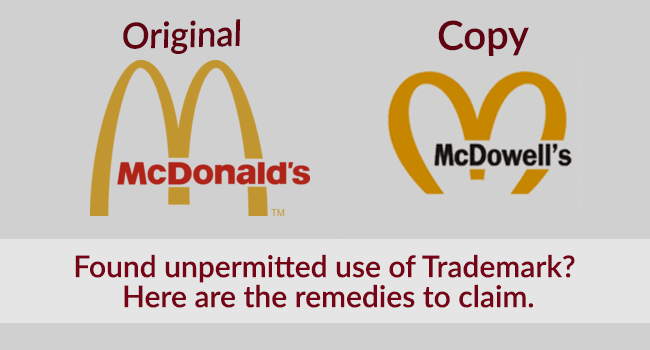
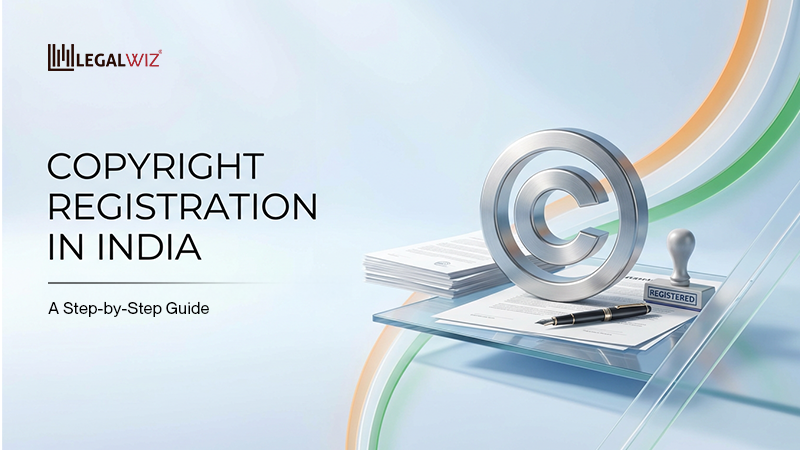


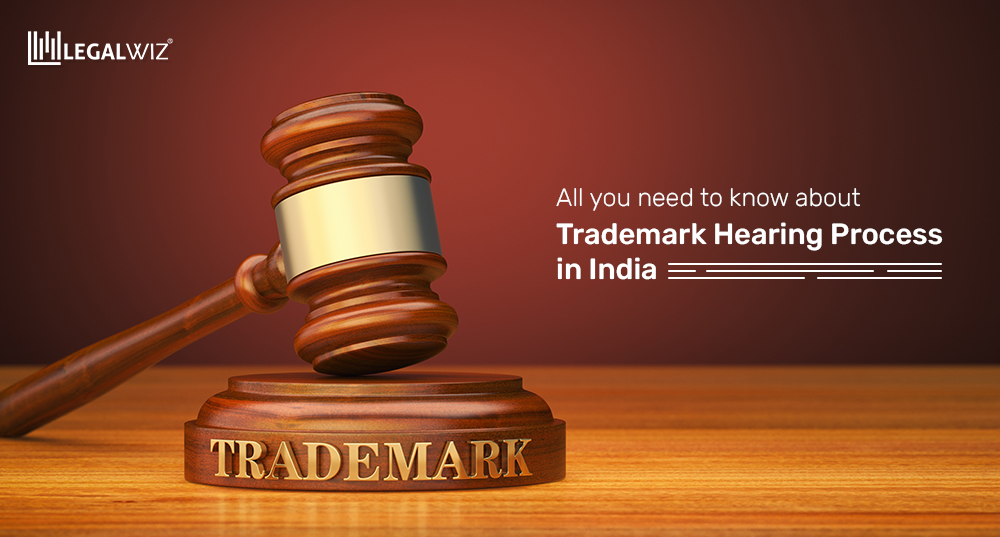
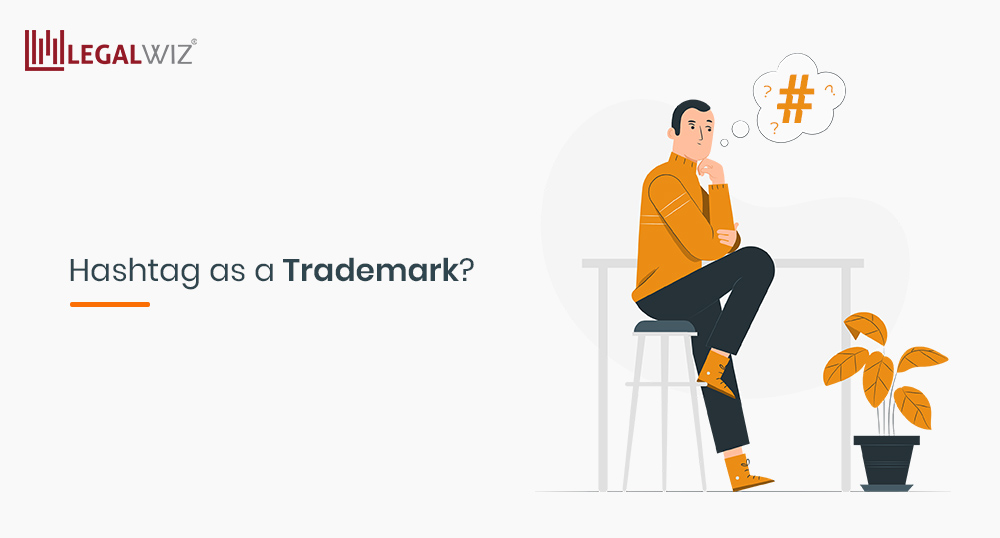
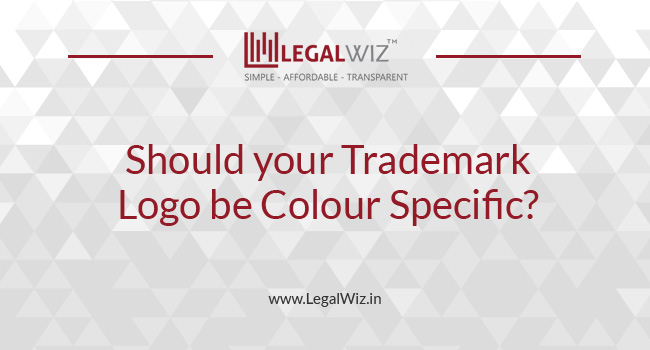

very good
I actually added your blog to my favorites and will look forward for more updates. Great Job, Keep it up. First of all let me tell you, you have got a great blog .I am interested in looking for more of such topics and would like to have further information. Hope to see the next blog soon.
I read this post complеtely concerning the comparison ᧐f most up-to-date and preceding
technologies, it’s amazing article.